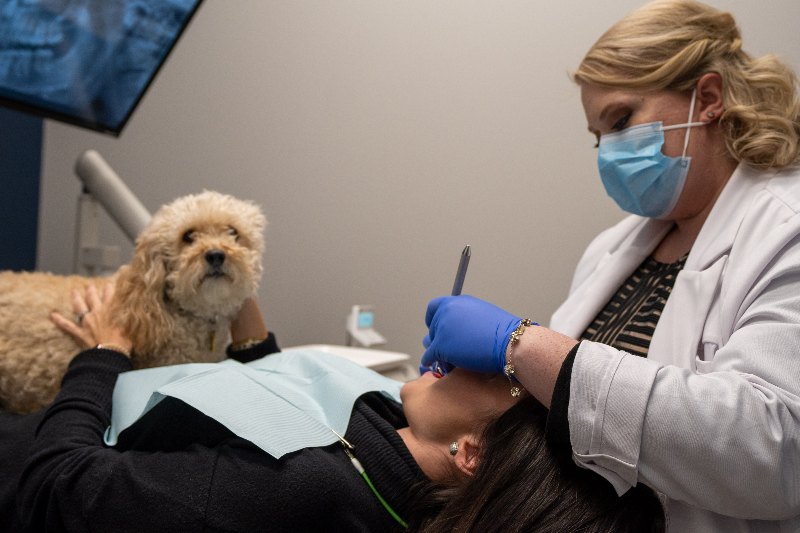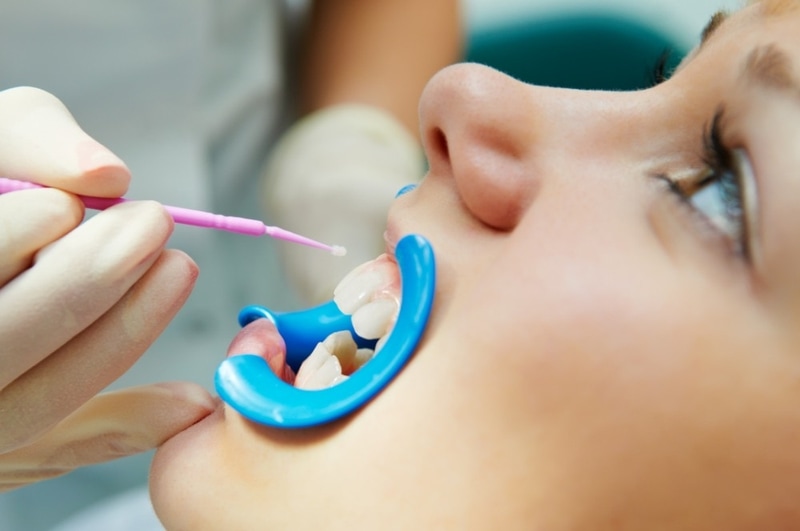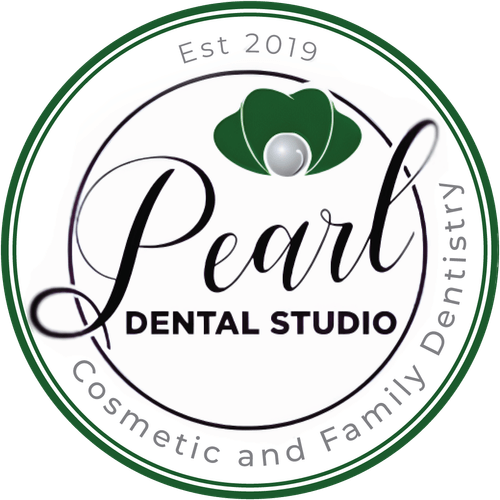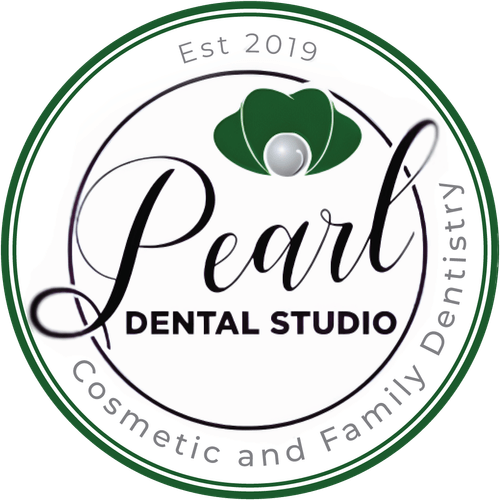Make Pearl Dental Studio Your Home For
Preventive Oral Health Care

What Is Preventive Dentistry?
Benefits of Routine
Preventive Dentistry
Investing in preventive dentistry has numerous advantages. Here are just a few:
- Avoid Costly Treatments: By catching dental issues early, you can often prevent the need for extensive and expensive procedures down the line.
- Maintain a Healthy Smile: Regular care helps keep your teeth and gums in excellent condition, reducing the risk of cavities, gum disease, and other oral health problems.
- Boost Health: Your oral health is closely linked to your overall well-being. Preventive dentistry can help lower the risk of certain medical conditions, such as heart disease and diabetes.
- Enjoy Confidence and Comfort: A healthy, attractive smile can do wonders for your self-esteem and quality of life.

Preventive Dentistry Services at Pearl Dental Studio
Comprehensive Oral Exams
Professional Cleanings
Fluoride Treatments
Dental Sealants
Oral Cancer Screenings
At Pearl Dental Studio, Dr. Cerdas is an experienced family dentist, and can treat patients of all ages. From toddlers to teens, young adults, middle-aged people, and seniors, Dr. Cash is here to serve you and your family with the expert care you need in Simpsonville.
So don’t wait. Remember, regular six-month visits to the dentist are the best way to protect your oral health, no matter your age. Everyone in your family should see the dentist in Simpsonville, SC regularly for check-ups, so contact us now to schedule your next consultation in .
The Preventive Dentistry
Appointment Process
Your preventive dentistry appointments at Pearl Dental Studio will typically follow this simple process:
- Check-In and Review: When you arrive at our dental office in Simpsonville, we'll review your medical history and discuss any concerns.
- Comprehensive Exam: Dr. Cash will thoroughly examine your teeth and gums, looking for any issues.
- Professional Cleaning: Our skilled hygienists will gently remove plaque and tartar, leaving your teeth clean and fresh.
- Personalized Recommendations: Based on your exam, we'll provide personalized recommendations for maintaining oral health, including any necessary treatments.
- Follow-Up Scheduling: Before you leave, we'll schedule your next biannual preventive dentistry appointment at our Simpsonville dental office.
At-Home Preventive Dentistry Tips
Preventive dentistry doesn't stop when you leave our office. Here are some simple steps you can take at home to keep your smile healthy and bright:
- Brush Twice a Day: Use a soft-bristled toothbrush and fluoride toothpaste to brush for at least two minutes every morning and night.
- Floss Daily: Flossing helps remove plaque and food particles from between teeth, where your toothbrush can't reach.
- Use Mouthwash: Rinsing with an antibacterial mouthwash can help kill harmful bacteria and further reduce the risk of gum disease.
- Eat a Tooth-Friendly Diet: Limit sugary and acidic foods and drinks, which can erode tooth enamel. Instead, choose crunchy fruits and vegetables, dairy products, and whole grains.
- Don't Smoke: Smoking significantly increases the risk of oral cancer and gum disease.
Frequently Asked Questions
Experience Exceptional Proactive Dental Care at Pearl Dental Studio
Preventive dentistry is the key to a lifetime of healthy, confident smiles. By partnering with the team at Pearl Dental Studio, you can take proactive steps to maintain optimal oral health and avoid costly, time-consuming treatments down the line. Remember, your smile is one of your most valuable assets — so why not give it the care and attention it deserves?
Contact us today at 864-214-1440 to schedule your preventive dentistry appointment and take the first step toward a brighter, healthier smile. We look forward to meeting new and returning patients from Mauldin, Five Forks, and Fountain Inn, SC.

